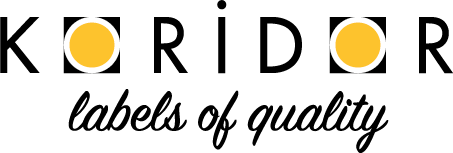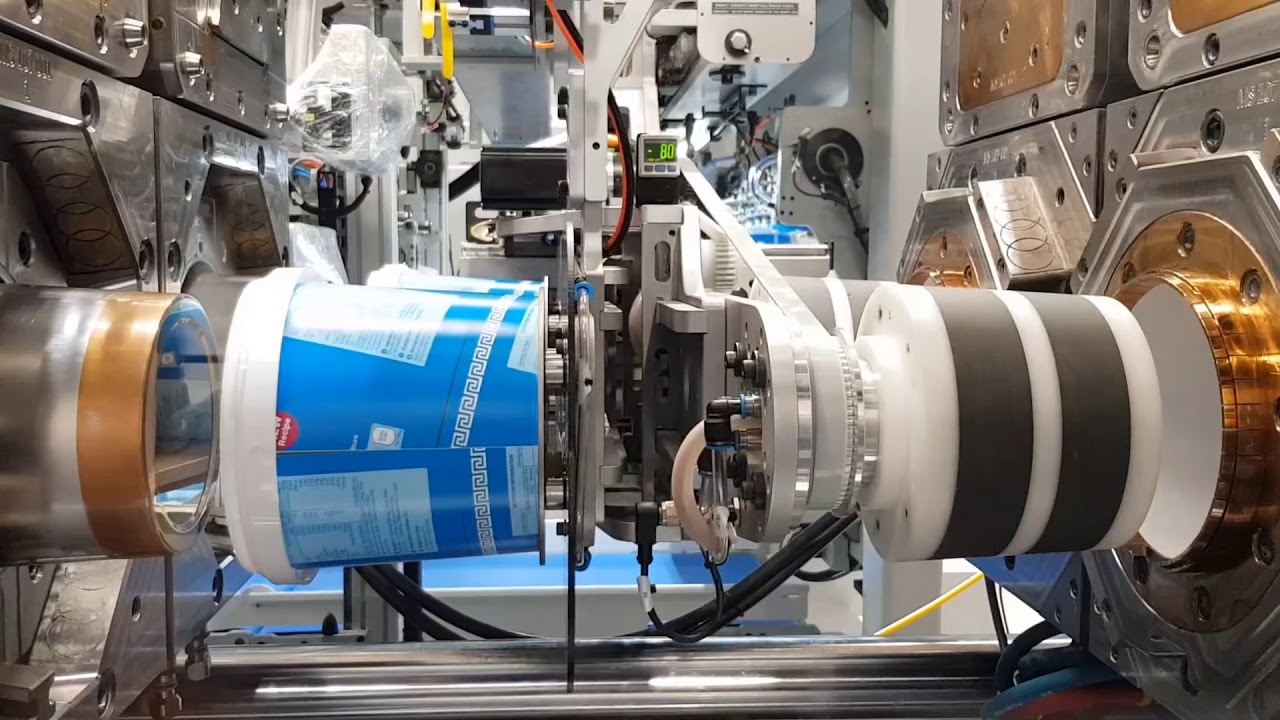The plastic injection molding industry is an important manufacturing process that is widely used in many industries today. In this process, plastic raw materials are injected into pre-designed molds to produce various plastic products. However, during the marketing and consumer presentation phase of these products, additional steps are needed to achieve an aesthetic appearance and increase their durability. This is where In-Mold Labeling (IML), or In-Mold Labeling in Turkish, comes into play.
What is IML?
IML is a method of adding pre-printed labels to the surface of plastic products during the plastic injection molding process. In addition to providing a more visually appealing and aesthetic appearance to the products, this method increases the durability of the labels and protects them against environmental influences.
How does it work?
The IML process involves inserting pre-printed labels into a plastic mold during the melting plastic injection process. This process usually takes place in three main steps:
- Label Preparation: Labels are usually pre-printed on specialized printing machines. These labels can contain the product’s brand, logo, product information or any visual element.
- Mold Preparation: Before the plastic injection molding process begins, the labels to be placed on the inner surface of the mold must be prepared. This can usually be done by automated systems or manually.
- Injection and Molding: Plastic raw materials are heated and melted in the injection molding machine and injected into the mold. Meanwhile, the labels placed on the inner surface of the mold come into contact with the melted plastic and stick permanently. Later, when the plastic cools and solidifies, the labels are fully integrated into the surface of the plastic product.
Advantages
IML has many advantages:
- Aesthetic Appearance: Pre-printed labels on products provide a more visually appealing appearance.
- Durability: Labels are permanently adhered to the surface of plastic products, reducing the likelihood of problems such as peeling or peeling.
- Environmental Protection: Labels protect products against environmental impacts and ensure their longevity.
- Efficiency in the Production Process: Since the IML process is performed at the same time as the plastic injection molding process, it does not require extra steps in the production process and increases efficiency.
- Recycling: Plastic products are generally more difficult to recycle than labeled products. However, with IML, the recycling process becomes easier as the labels are integrated into the plastic product.
Areas of Use
IML is widely used in various industries, especially in food and beverage packaging, personal care products, automotive parts, household goods and toys.


